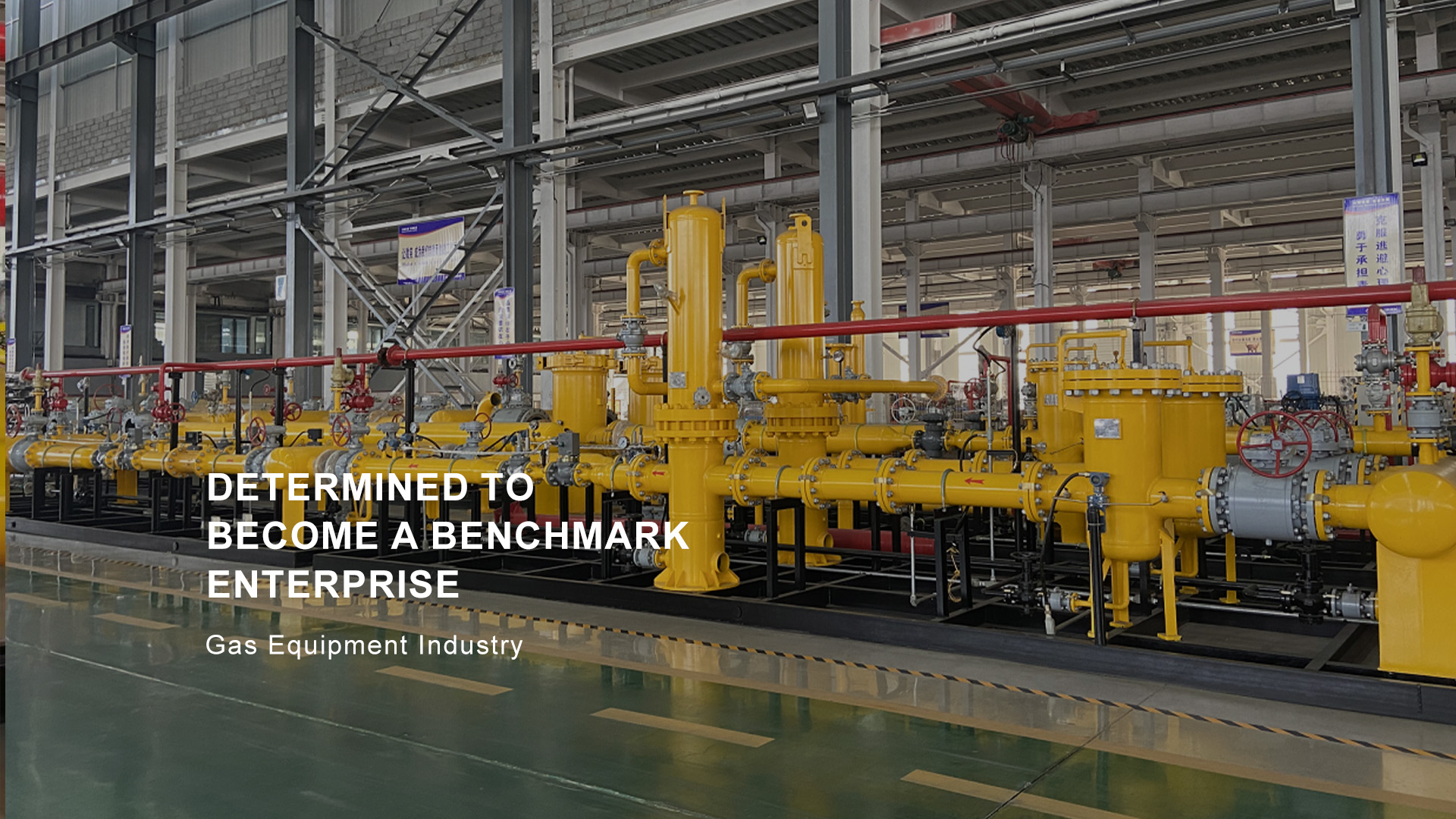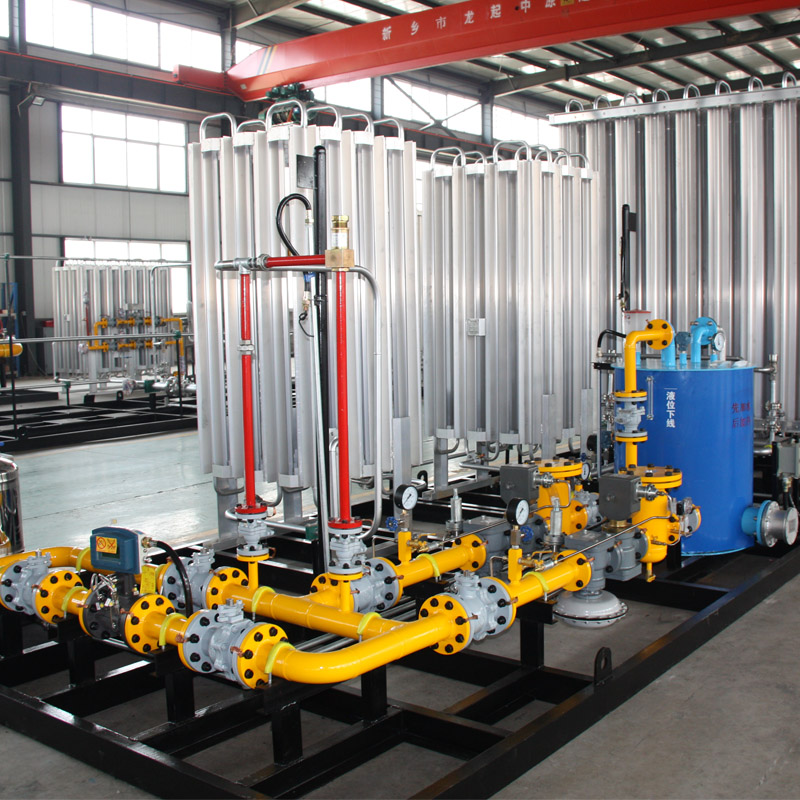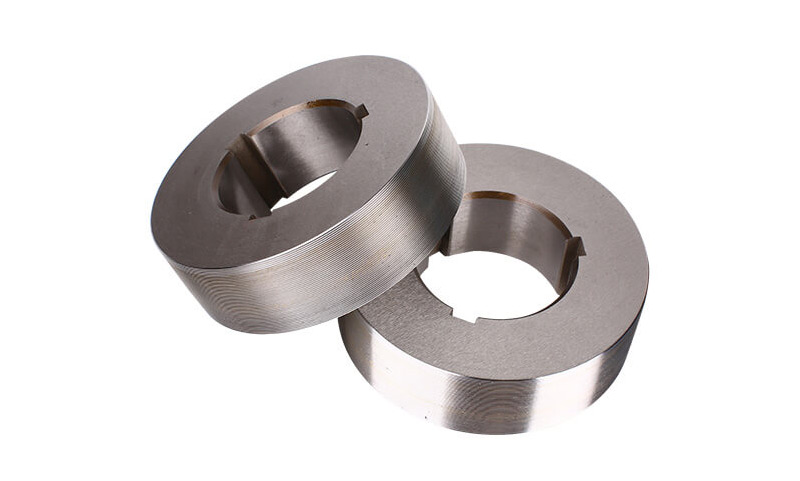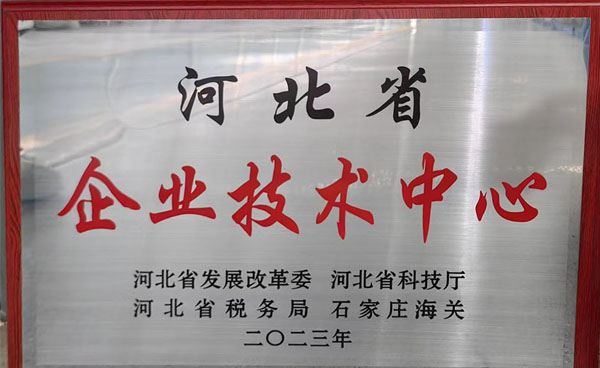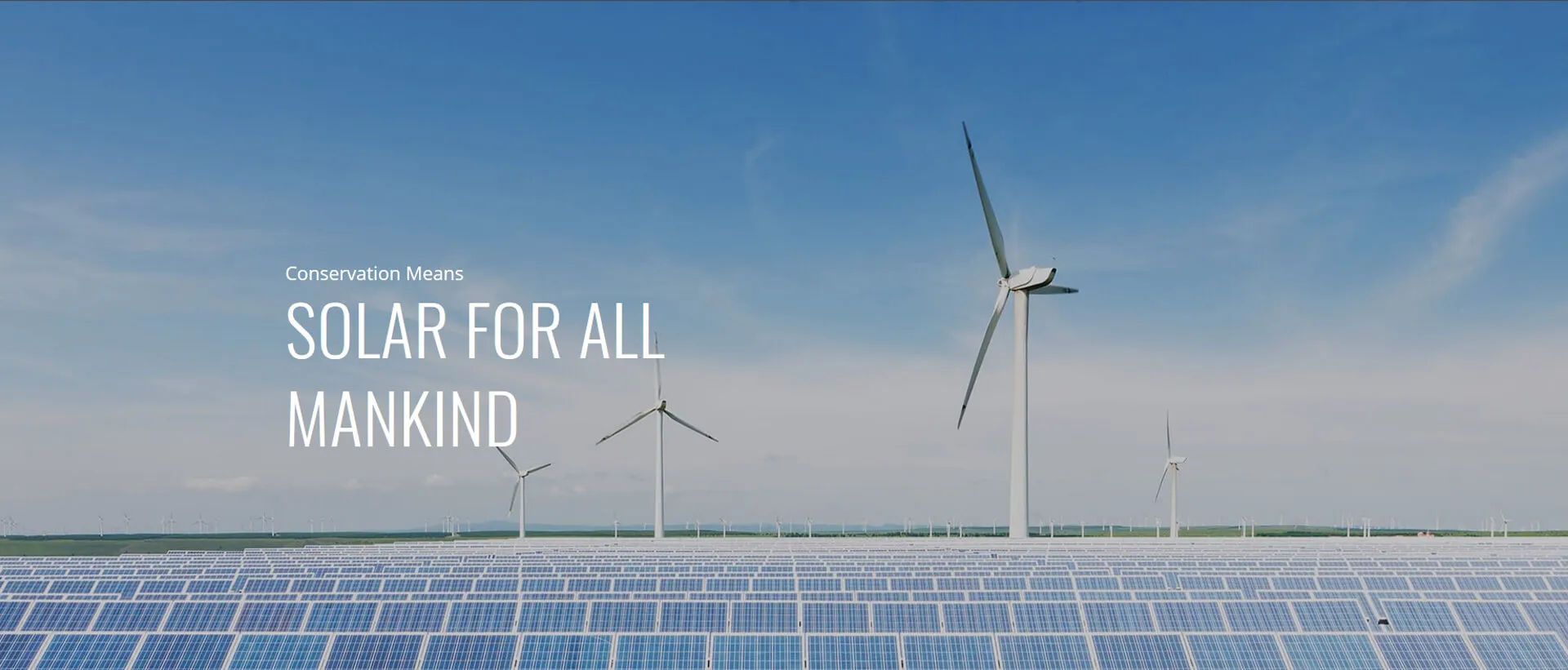1. Relief Valves These are designed to open and relieve pressure when it exceeds a set limit, allowing gas to escape safely. Once normal pressure is restored, the valve closes automatically.
